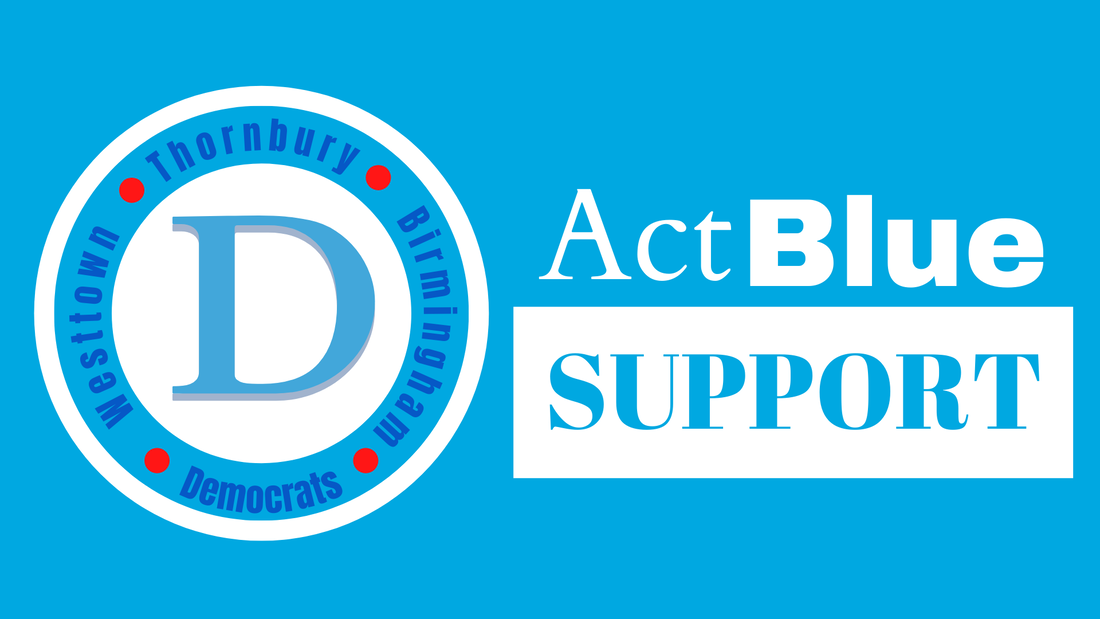SEVEN WAYS YOU Can Make A Difference!
1. Know your local leaders & what they stand for. Every community has county and city government positions filled by Council members, school board members, committee members and a variety of other elected positions. Most of these individuals have websites, social media profiles, or LinkedIn pages. Do your homework to identify the people making decisions for your city. Many policies that affect your life will be handed down from the state or county, so identify what they are so you’ll know how and when to speak up.
2. Attend public meetings. Most county governments hold regular public meetings for citizens to attend. Times, dates and locations can often be found on the official city website. If you can’t attend in person, sometimes, they are even live-streamed. This is the best way to be in-the-know about what’s coming up and have a say before something you don’t want to happen moves too far forward.
3. Call in and ask questions. Every politician has a phone number, and all messages are documented and tallied. Even better, show up at town hall meetings or coffee shop gatherings and voice your questions or concerns in person. Sometimes politicians aren’t aware of how a particular policy or issue truly affects a particular group of people. It’s those who make an effort to be heard that echo in the ears of a legislator when they go to craft or change policy in the future.
4. Be involved in community organizations. You don’t have to be working within a strictly labeled “political” entity to be participating in the process of local politics. By becoming a member of local organizations and groups in your interest area, you become intimately aware of how policies affect the people and ideas you care about. It may just motivate you to do something more.
5. Identify your core issues & get to work. What are the most important issues to you, and how do you want to see them addressed in your own neighborhood? Whether it’s property taxes being too high or restrictions on purchasing alcohol on Sundays, figure out where the issue is in writing and how you can go about changing it. Which lawmaker or elected official has the power to bring the issue to light and make a change? Get to know them.
6. Volunteer for a campaign. People running for office always need volunteers, so if someone stands for what you believe in — give them a hand. Because elections are every two years, there’s always a campaign somewhere either starting or ramping up. Your special skills, whether they be marketing, communication, fundraising or strategizing, could be extremely useful in helping get someone elected. Partisan politics may get a bad rap, but we still need good people to fight the good fight for what they believe in.
7. Run for office. If you’re really serious about making a change at the local level, consider running for office. Explore what openings there are and decide how your presence could actually create change. Even if you don’t think you can win, running gives you a platform to speak about the issues that matter — which can also make a difference in the long run. Depending on where you live, sometimes there isn’t even a challenger, so you could be a shoo-in.
Politics isn’t a dirty word — it’s a tool citizens have to use to advocate for the people, policies and ideas they care most about. Complaining about taxes or your Congressman only adds to the negativity. Implementing the ideas listed above is the way you can empower yourself to truly make a positive difference in your community, your country and your world.

